
1.8 e. King Cake
King cakes are a sweet bread or pastry usually decorated in purple, green, and gold.

King cakes are a sweet bread or pastry usually decorated in purple, green, and gold.

The Old State Capitol in Baton Rouge is now a museum.

Recipes for this baked dessert can turn stale bread into a delicious treat.

This historic building in New Orleans has played an important role in Louisiana’s government and is now a museum.
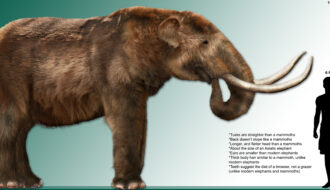
People from the Clovis culture and San Patrice culture were some of Louisiana’s earliest inhabitants.
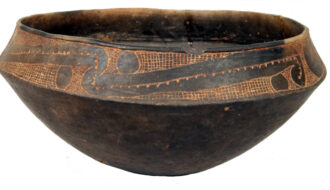
People of the Plaquemine, Caddo, and Mississippian cultures lived in Louisiana between 300 and 800 years ago during a time known as the Mississippi period.
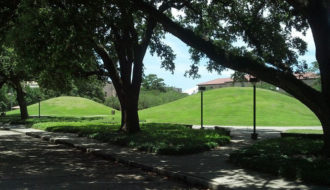
During the Archaic period, people from the Evans culture built large mounds made of dirt.
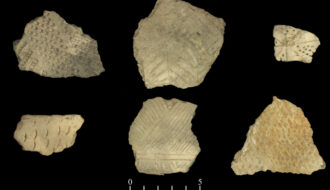
People of the Tchefuncte, Marksville, Troyville, and Coles Creek cultures lived in Louisiana during the Woodland period.
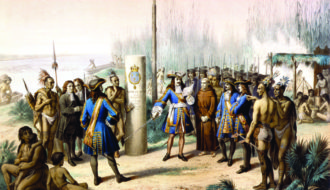
In the sixteenth and seventeenth centuries, several expeditions explored the area that would later become known as Louisiana.
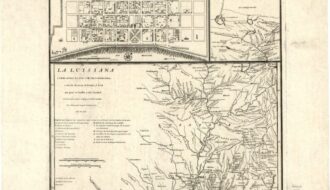
The Treaty of Fontainebleau shifted ownership of western Louisiana and New Orleans from France to Spain during the French and Indian War.
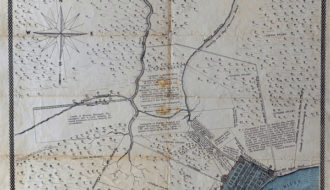
By the end of Spanish rule, Louisiana was a stable colonial outpost.
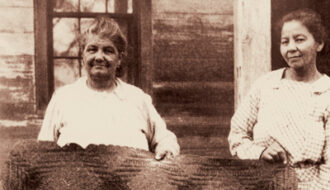
The Chitimacha Tribe is the only federally recognized tribe in Louisiana to still occupy part of its ancestral territory.
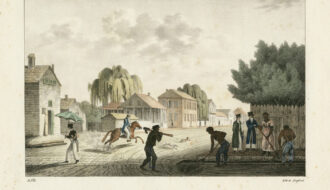
Enslaved people in Louisiana’s cities were engaged in nearly every labor role, from domestic service to dentistry.
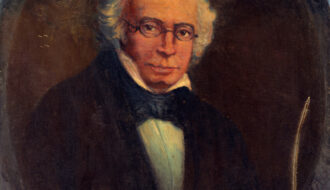
The Florida Parishes weren’t included in the Louisiana Purchase but instead were added to Louisiana after an armed revolt against the Spanish colonial government.
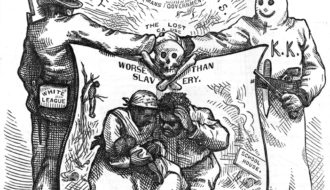
A paramilitary organization aligned with the Democratic Party, the White League played a central role in the overthrow of Republican rule and intimidation of African Americans in Louisiana during Reconstruction.
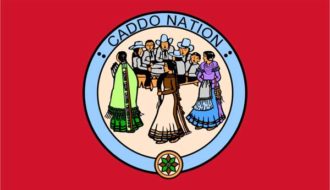
The Caddo people, who began to inhabit the Red River valley approximately 2,500 years ago, were eventually pushed out of their traditional territory by Anglo-American immigrants.
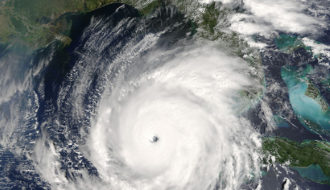
A Category 3 hurricane, Hurricane Rita made landfall twenty-six days after Hurricane Katrina.
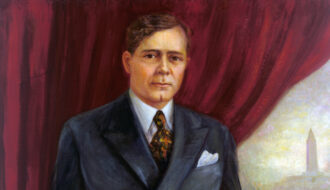
Huey Long rose from ordinary beginnings in Winn Parish to become Louisiana’s most famous politician.

When Hurricane Camille made landfall in 1969, it devastated communities and caused widespread damage to Louisiana’s oil and gas infrastructure.
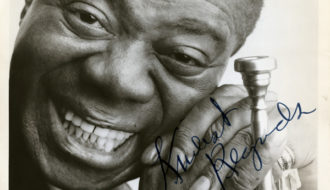
New Orleans–born musician Louis Armstrong helped introduce jazz to global audiences.
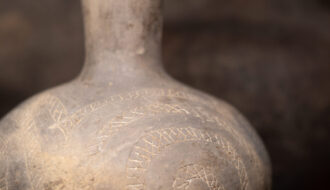
The Tunica-Biloxi Tribe is one of only four American Indian groups in Louisiana recognized by the federal government.
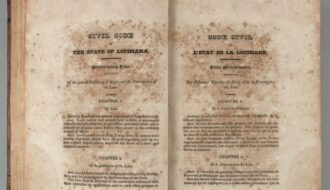
The French Civil Code of 1804 standardized civil law in France, becoming a model legal framework for jurisdictions around the world, including Louisiana.
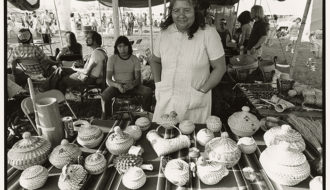
The Coushatta Tribe of Louisiana is the largest of four federally recognized tribal governments in Louisiana.
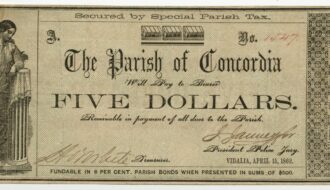
This distinct form of government exists in more than half of Louisiana’s parishes.

Celebrating Louisiana Musical Legends in the Classroom
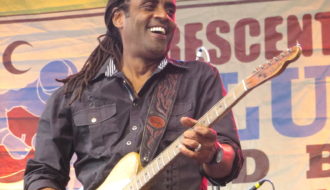
Celebrating Louisiana Musical Legends in the Classroom
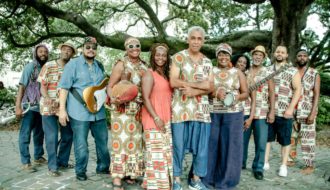
Celebrating Louisiana Musical Legends in the Classroom

Celebrating Louisiana Musical Legends in the Classroom
One-Year Subscription (4 issues) : $25.00
Two-Year Subscription (8 issues) : $40.00
